It’s going to be a record year for Americans traveling internationally and as such, it seems prudent to remind you of a very important money-saving tip because I think I speak for everyone when I say … getting ripped off sucks. I really can’t stand seeing people take advantage of others by making them pay more for something than they really should be paying. RELATED: How to save money with a secret third carry-on
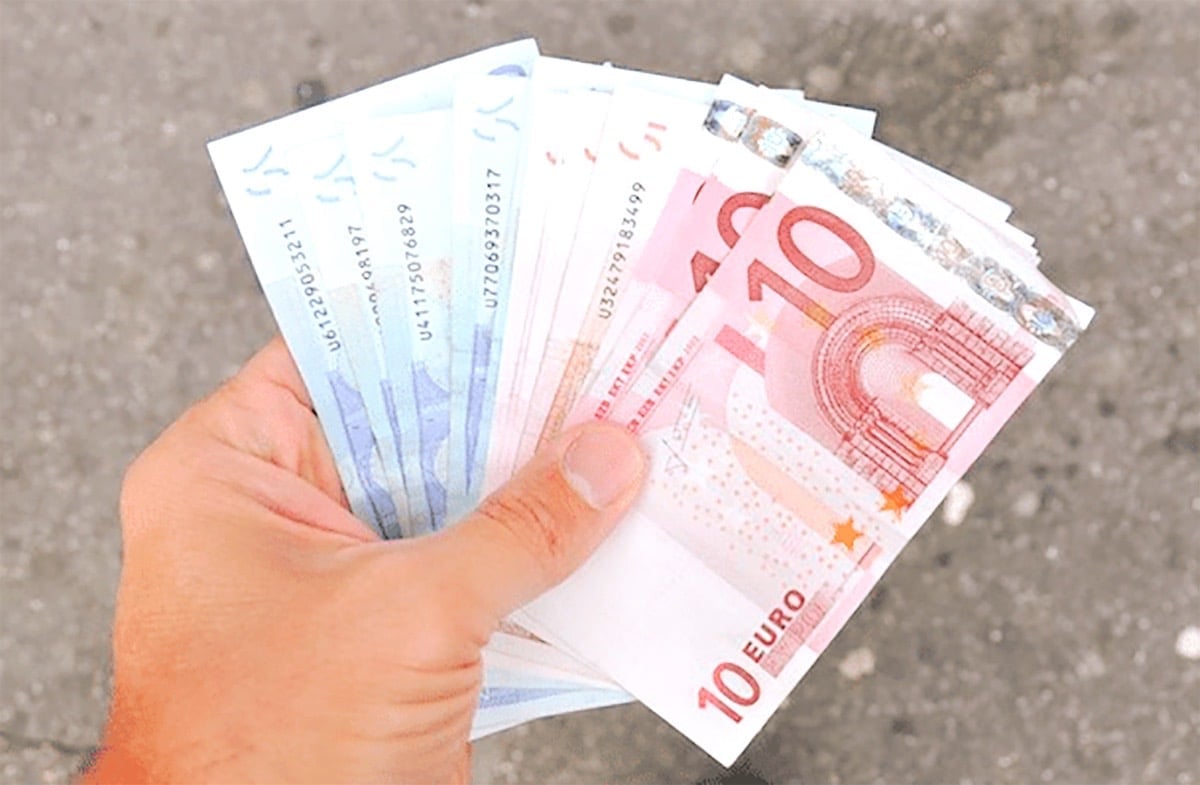 One way to prevent spending more money when you travel is to always pay in local currency. Rarely do I carry cash anymore, including when I travel internationally. I usually just keep a small amount of local currency for things like public transportation, farmer’s markets and mom-and-pop shops. But other than that, I use my credit cards for everything. TIP: Here are some of the best international credit cards for travel.
One way to prevent spending more money when you travel is to always pay in local currency. Rarely do I carry cash anymore, including when I travel internationally. I usually just keep a small amount of local currency for things like public transportation, farmer’s markets and mom-and-pop shops. But other than that, I use my credit cards for everything. TIP: Here are some of the best international credit cards for travel.
I always carry multiple credit cards from different banks like a Visa, a Mastercard and/or an American Express, just in case one of my cards is not accepted by a merchant or is denied. I make sure all of the cards have no foreign transaction fees so I don’t get dinged another one to three percentage points. Here’s a deep dive on credit cards with no foreign transaction fees.
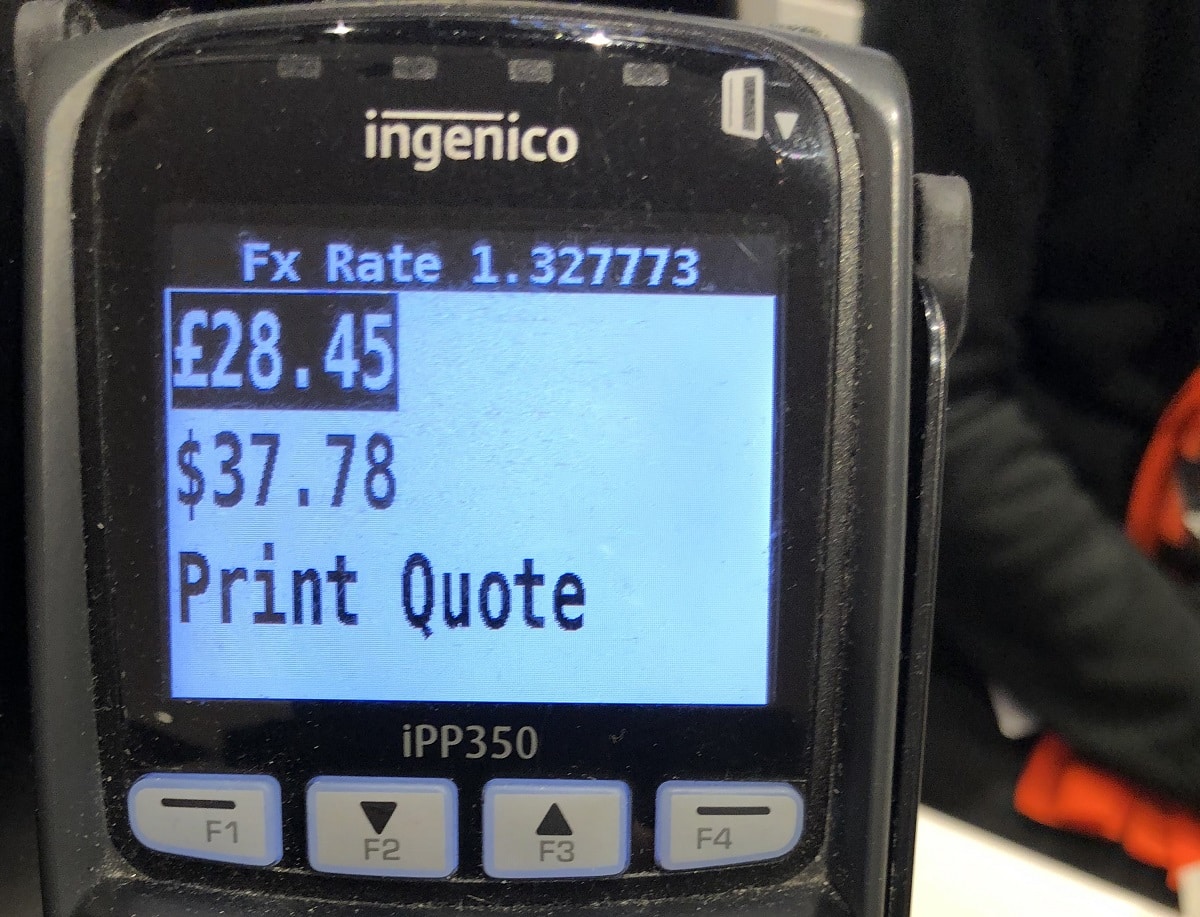 One of the tactics stores outside of the United States often use is asking customers if they would like to pay for their purchase in U.S. dollars or local currency. Paying in U.S. dollars might seem like the more convenient option, but in reality it’s not. In fact, it’s a total rip-off. The stores that do this charge a higher exchange rate than your bank back home does. So remember to always pay in the local currency of the country you’re in.
One of the tactics stores outside of the United States often use is asking customers if they would like to pay for their purchase in U.S. dollars or local currency. Paying in U.S. dollars might seem like the more convenient option, but in reality it’s not. In fact, it’s a total rip-off. The stores that do this charge a higher exchange rate than your bank back home does. So remember to always pay in the local currency of the country you’re in.
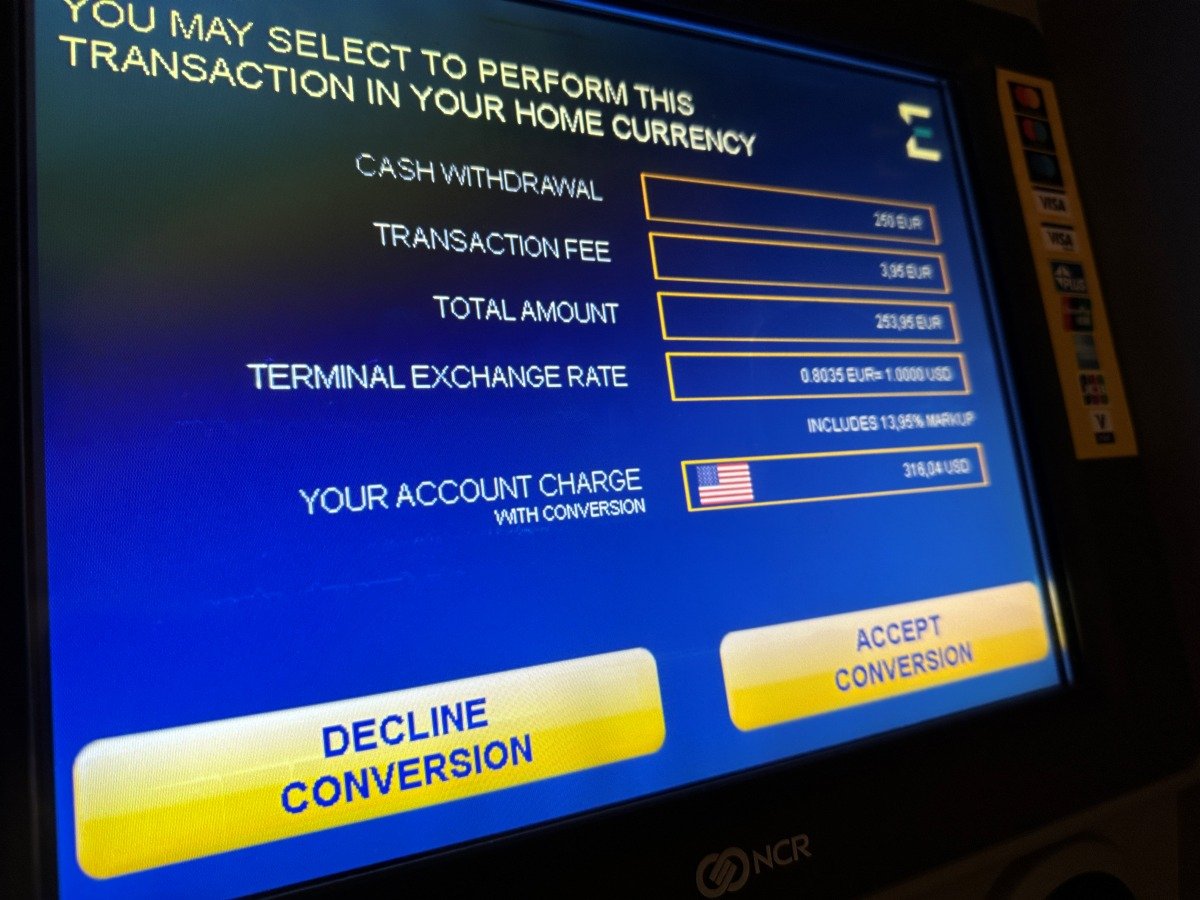 FYI: I find Harrod’s, the popular department store in London, does this every time I buy something (nothing flashy, usually just goodies from their famous Food Halls) but others do it too, including ATM’s so always be on guard.
FYI: I find Harrod’s, the popular department store in London, does this every time I buy something (nothing flashy, usually just goodies from their famous Food Halls) but others do it too, including ATM’s so always be on guard.
KEEP READING:
–12 Passport Tips That Will Save You Time, Money and Headaches
–The Most Important Thing I Do When I Travel Internationally Is …
–Rick Steves Got Pickpocketed in Paris: Here’s What He Wants You to Know
–The Most Important Thing For Travelers to Do According to a Safety Expert
–What You Need To Know About Renewing or Getting an Emergency Passport in the U.S.
Want more travel news, tips and deals? Sign up to Johnny Jet’s free newsletter and check out these popular posts: The Travel Gadget Flight Attendants Never Leave Home Without and 12 Ways to Save Money on Baggage Fees. Follow Johnny Jet on MSN, Facebook, Instagram, Pinterest, and YouTube for all of my travel posts.

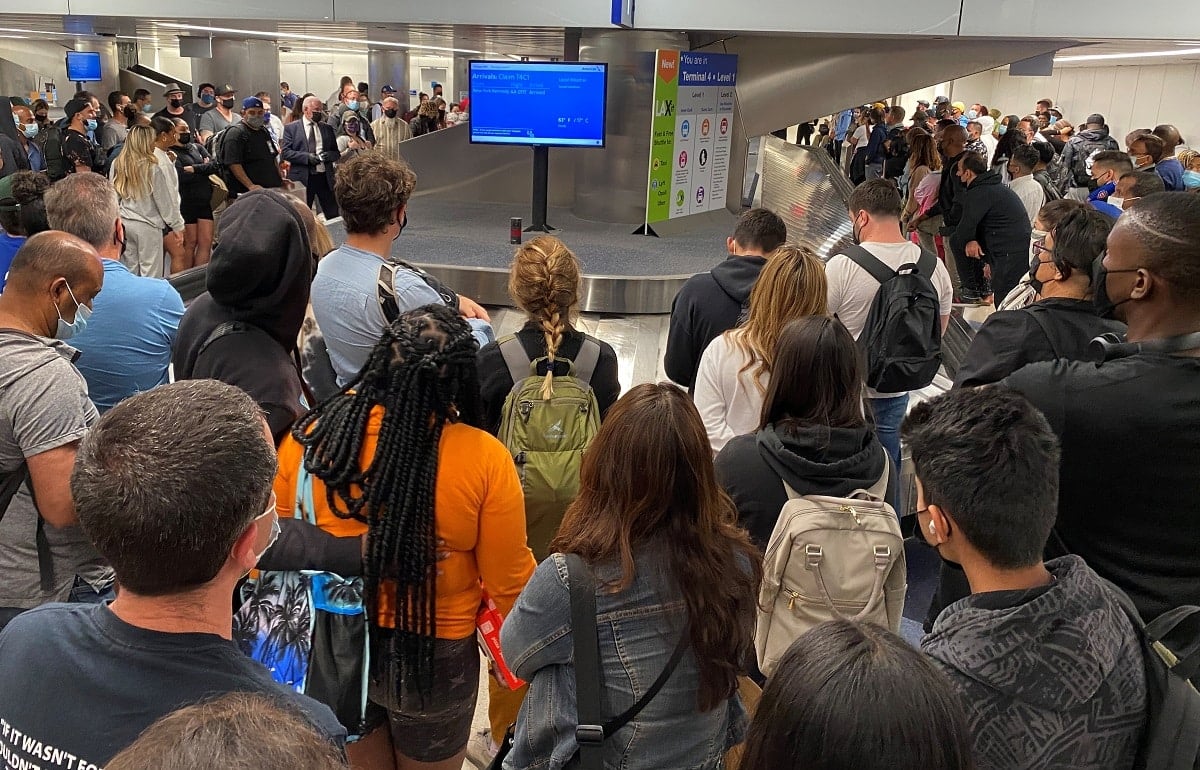
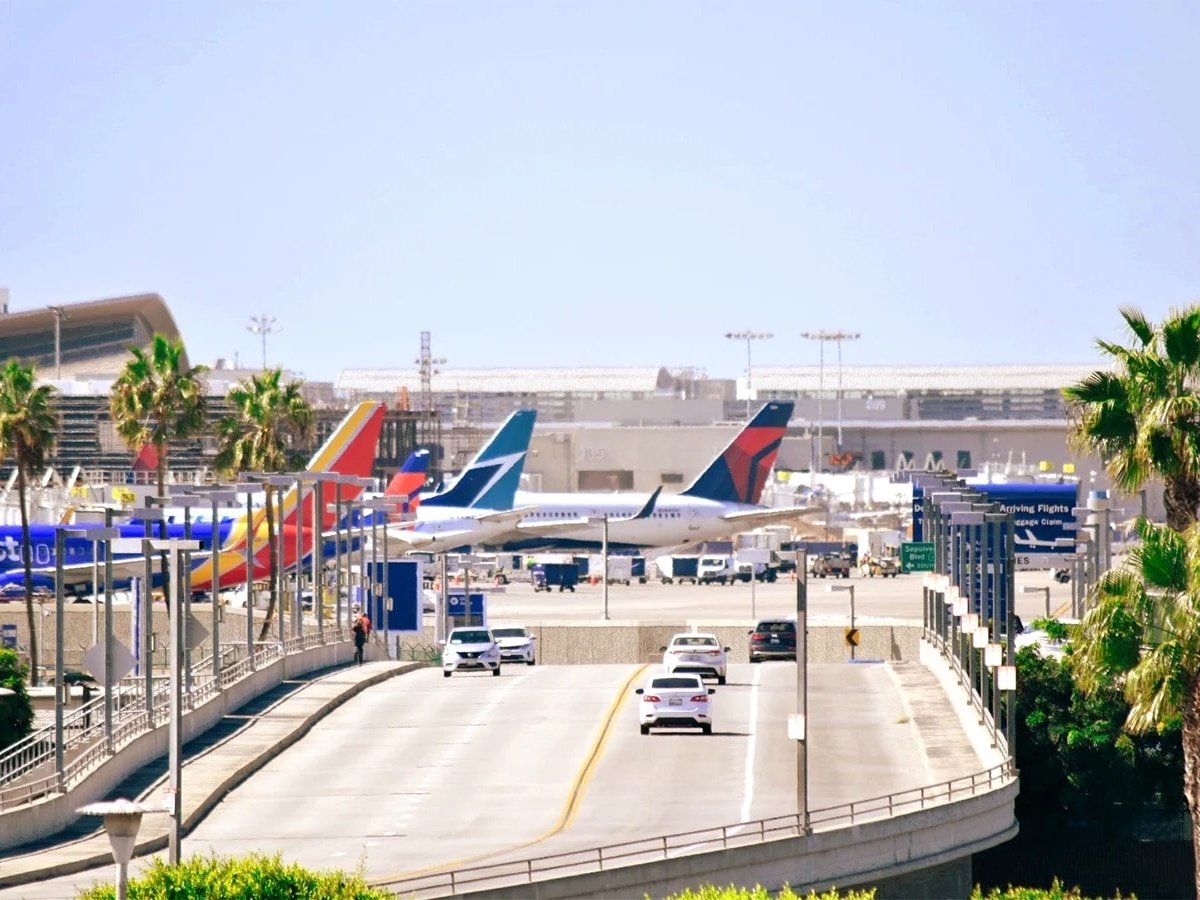
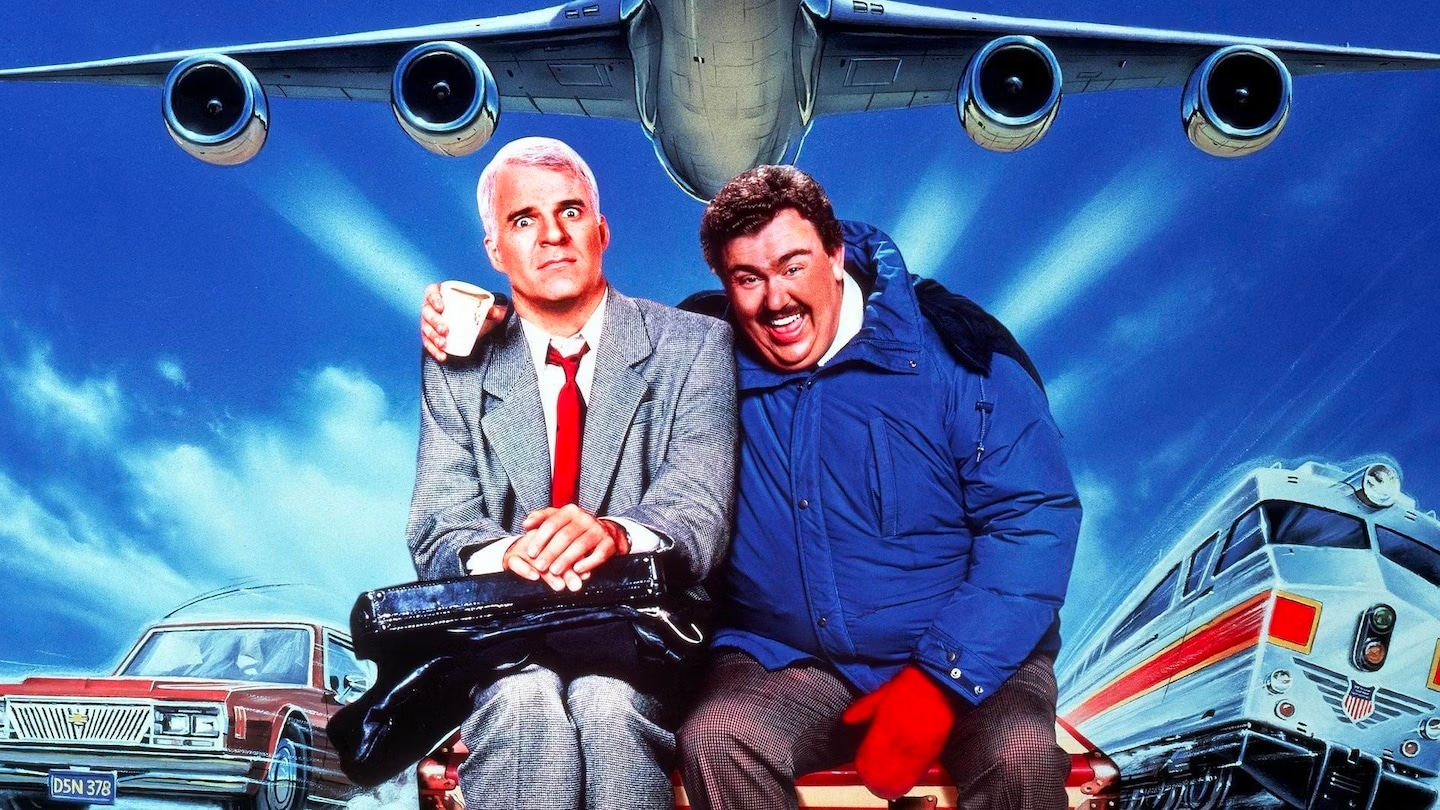
Excellent article. I have the Chase Saphire Preferred card and like the features which it offers. The one exception users must be aware of, that being the difference between hotel rates and cancellation policies available on the Chase Travel site versus rates from hotel sites or others. I always check rates offered by Chase Travel (Expedia) then check other sites. Many times other sites offer better rates and cancellation policies.
Bank Of America ATM card in listed foreign bank ATMs have no charge/fee. Some credit unions also offer this……but ask your bank.
If you’re buying foreign currency in the US, you’re also probably getting robbed. Never exchange more than what you’ll need to get you from the plane or border to the nearest bank ATM upon arrival.
Buying currency from a US bank in the US, you’ll typically get a mediocre exchange rate AND have to pay fees associated with delivering the currency to your branch. It’s a racket left over from when people actually NEEDED to have currency upon arrival. I haven’t purchased foreign currency in a US bank in 30 years.